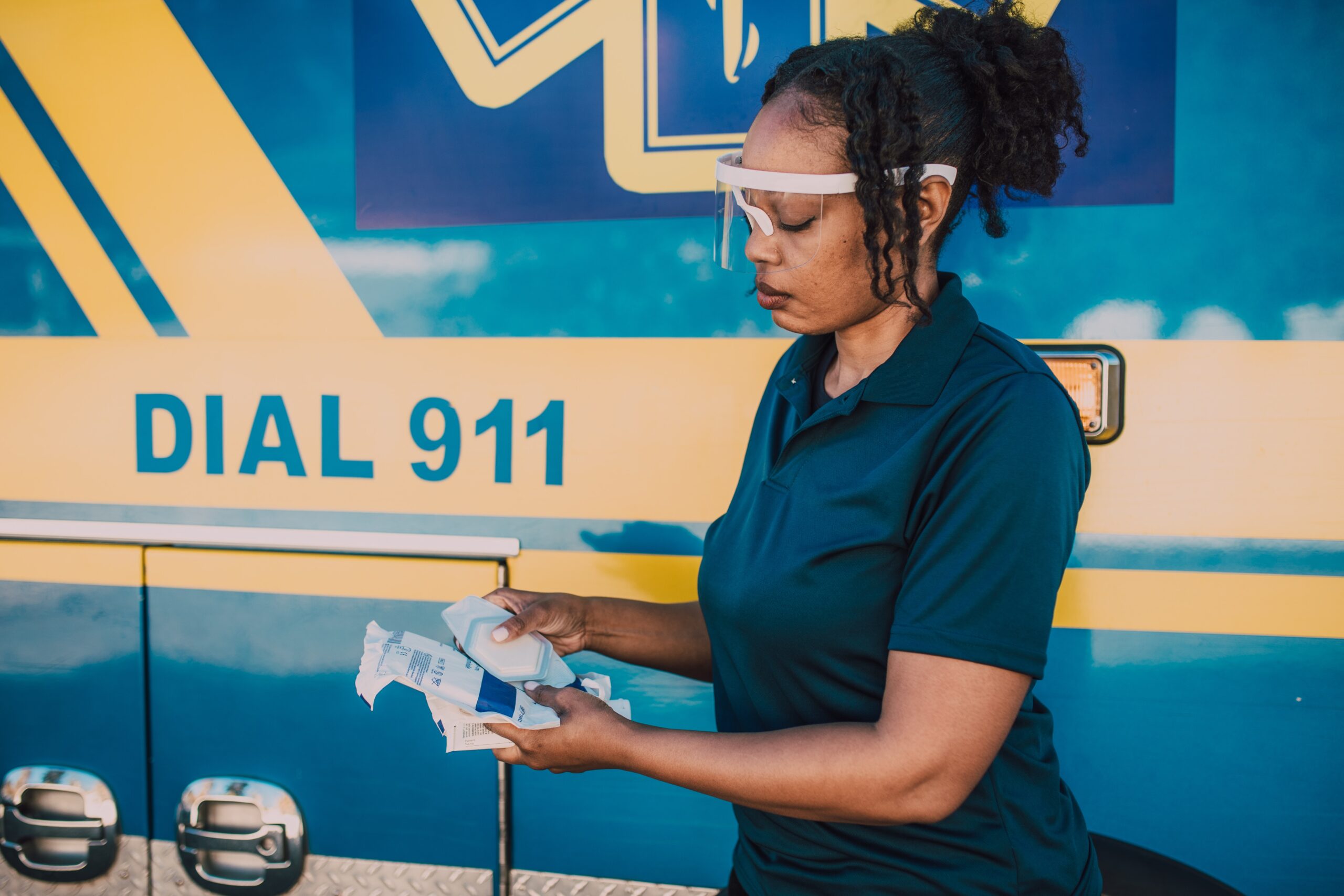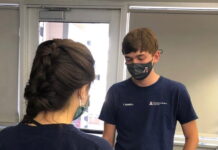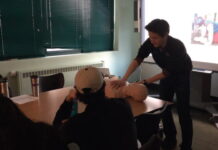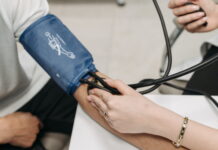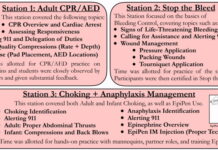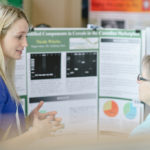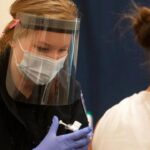Assessment of Bystander Intervention on EMS Transport Decisions for Cases of Alcohol Intoxication at...
Looking at a small liberal arts college in New York State, Di Nucci et al. study the impact of bystander intervention on EMS transport decisions for alcohol intoxication cases.
Call to EMS Research: Disparities in Recruitment and Retention of Black Providers is an...
Hutchens discusses the need for further research into the issue of recruitment and retention of Black EMS providers.
Maintaining Collegiate EMS Readiness During COVID Campus Closures
Alatis and Nable discuss the impact of COVID-19 on campus EMS organizations and how teams can maintain operational readiness throughout the pandemic.
How the Blue Hens are Responding to COVID-19
Amid a global pandemic, JCEMS talks with he University of Delaware’s EMS Squad Director of Public Relations about shifts, PPE, recruitment, and more.
Implementation of a Peer Support Program for Campus First Responders
The implementation of Peer Support is one step CUSERT has taken towards improving mental health support for campus first responders.
Naloxone Training and Distribution Program in an Urban Collegiate Setting
MERT worked with physicians from Penn Medicine’s Emergency Department to develop a 1-1.5 hour bystander naloxone training curriculum.
The Relative Importance of Vital Signs in Campus-Based Emergency Services
This study examined the vital signs of patients of the University of Texas at Dallas' BLS response team and compared them to established standards of upgrading to ALS.
Assessing the Adequacy of Behavioral Health Training for Collegiate EMTs
This study aimed to assess EMT self-reported preparedness for behavioral emergencies and to compare behavioral call experience to preparedness.
Heart Rate and Heart Rate Variability as Indicators of Stress in Emergency Medicine Residents...
The authors measured stress-induced heart rate and heart rate variability of emergency medicine residents during a pulseless electrical activity cardiac arrest scenario.
Promoting Youth Emergency Preparedness through Lifesaving Emergency Skill Workshops
Members of Harvard CrimsonEMS expanded outreach to high-school students to create a more medically-literate youth community.


